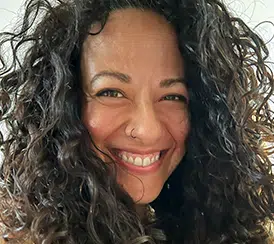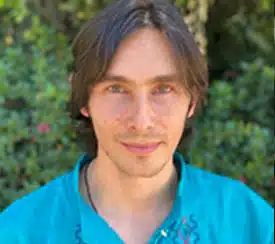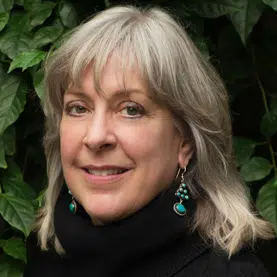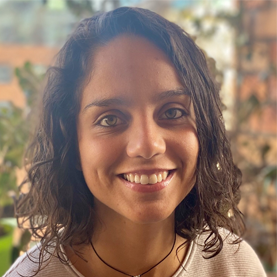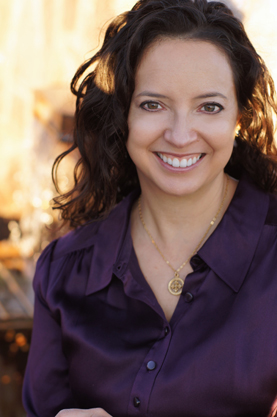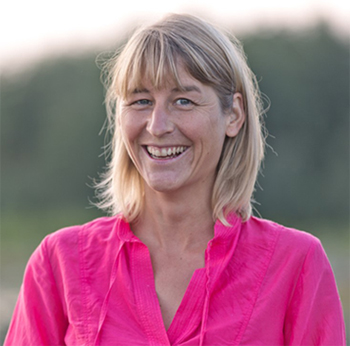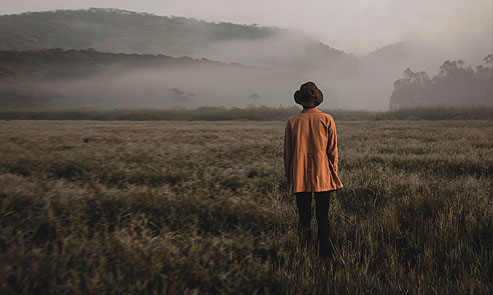
When I first met Don Manuel he was already an old man, at least to my 30-something-year-old eyes. Yet he insisted on helping set up camp when we went to the mountains, including lugging heavy pieces of baggage. Whenever I tried to help him, he would shoo me away, saying mockingly this was no work for an “educated white boy” like me.
“But I want you to last for a long time,” I complained one time as I tried to take a heavy bag that he had shouldered.
“But I don’t,” he replied. “I’m ready to die today, right now. I have no regrets, only gratitude. You, on the other hand, think you have the next fifty years to wrap up your business here, so you want everything to last a long time. “The beauty of my life is that I know who I will be after I leave it, whereas you do not have the slightest notion of who you are.”
The old man nodded his head, indicating I should get out of his way so he could carry on with his task.
The dream of permanence offers us the illusion of personal immortality. Death only happens to someone else—someone old and infirm, which we will never become. We enjoy our youthful sense of immortality and invulnerability until the daydream becomes a nightmare, the wrinkles are undeniable, and we realize that we have been fooling ourselves. Life can end at any instant, for this state of being is not permanent—and aging, disease, and death are guaranteed.
When we transform the dream of permanence, as Don Manuel did, we discover that there is life in death and death in life. We realize that being born, growing up, growing old, all in linear fashion is not the entire picture. The reality is we are born, and born again, and in our sacred dream we travel in the river of time to the future to create the world anew again.
You can discover this yourself, and it will make all the difference in your life. You do not have to take anyone’s word for it. It is verifiable if you choose to do the experiment. The experiment is called by many names, including meditation.
Many of us have tried to meditate and then stopped. We were too busy. Why were we too busy to spend a few minutes a day? One reason is that when we stop being busy even for just a few moments, we are faced with the reality of our time running out.
When you begin to meditate, rest your mind on a single point, such as a flower or a candle, or on your breath—or on any other object of focus, according to the technique you like to use.
Meditation is a universal practice, found in every culture but perfected in the East. The Laika developed a form of meditation called stopping the world. They would sit quietly in nature and say to themselves, “I am my breath.” They would inhale and follow their breath into their body, exhale, and follow their breath to join the mountains and the wind.
Eventually they would become their breath and be able to ride the wind anywhere they chose, to visit in their imagination the four corners of the world.
Try this, if you can make the time for it. And, if you cannot make three minutes a day for this experiment, you are probably too busy to plan your upcoming journey into infinity.
Follow each breath as you inhale deeply, pausing at the top of the breath and resting your mind there for a moment. Then follow your breath to the exhalation, pausing for an instant as it turns again into an inhalation.
This practice will help you discover that impermanence is what makes life beautiful. That flower that you noticed yesterday morning is gone today. The snow in the mountains will soon melt and find its way to the sea. You will never have this breath, or this kiss, or this thought, or this laugh ever again.
When you wake from the dream of permanence, you discover that there is life in death and death in life. How magnificent.
You discover your infinite nature.
In a future blog, we’ll discuss the dream of love that is unconditional.
